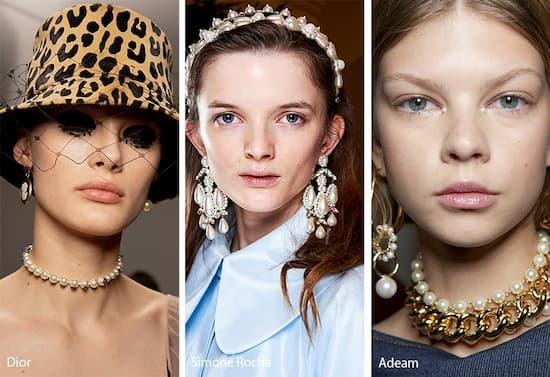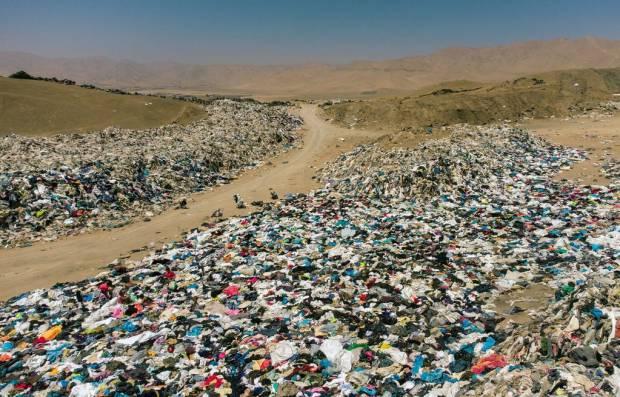Everything indicates that what had to happen for so many companies to dare to create sustainable brands or collections – without stopping working to integrate responsibility across the board – is for sustainability to become an interesting market. And it may never be as profitable as fast fashion by definition, but is there an alternative?
While all these questions continue to be replicated among insiders, there are those who do not lose sight of the entry onto the scene of names that not only reproduce the precepts of fast fashion, but also accentuate them, as is the case with Shein. In May, it became the most downloaded shopping app in the United States, ahead of Amazon, Zara and H&M. Despite the questionable ethics behind its innumerable stock, it receives good reviews on social networks for its diversity of sizes and it shouldn't go wrong because it had Khloé Kardashian as a jury of its design talent contest. And in Business of Fashion they have already dedicated an article to detailing the success of Edikted, which with less than a year of life is already a phenomenon among generation Z. The principles of its creator, Dedy Schwartzberg, picks up the medium, are the following: “Move fast, keep manufacturing costs low, and flood social media.”
Perhaps it is too early to think about a farewell to fast fashion and the panorama we are facing is nothing more than a reflection of a polarized present in all aspects, also, of course, in fashion: from slow fashion to fast fast fashion. The question we must ask ourselves is, whose side are we on?



